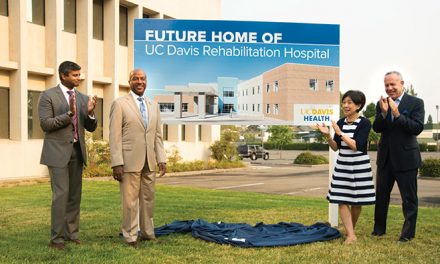Seeing the Big Picture
The Rx One Health Field Institute at UC Davis teaches the next generation of One Health problem solvers.Understanding the interaction between people, animals, plants and their shared environment — collectively known as One Health — has never been so important. The pandemic highlighted potential detrimental ramifications of ignoring our shared ecosystems, and a program at UC Davis aims to help students develop skills for addressing complex challenges using a One Health approach.
Rx One Health Field Institute is a two-week summer course run through a collaboration between UC Davis’ One Health Institute, School of Medicine and UC Global Health Institute. A cohort of 20 to 25 graduate students and early career professionals develop skills in laboratory and research methods, and get hands-on experience through field exercises.
“The ultimate goal is to build the next generation of One Health professionals that can work together and across professional sectors to help solve some of our planet’s biggest problems,” said Jennie Lane, a veterinarian and the program’s manager. “We can’t get all of that done in two weeks, but we can help a group of individuals from a diverse range of backgrounds build skills that are useful for working together, which is necessary to address major issues like climate change, health equity, water problems, fire in California, food security and emerging infectious diseases.”
The Rx One Health curriculum builds on that of Envirovet Summer Institute, a course that was offered throughout the 1990s and 2000s. Rx One Health launched in 2017.
Previously held in Africa, the course skipped 2020 and returned in 2021 based in California. The location change was mostly due to the pandemic, but as Lane said, is also beneficial to the participants.
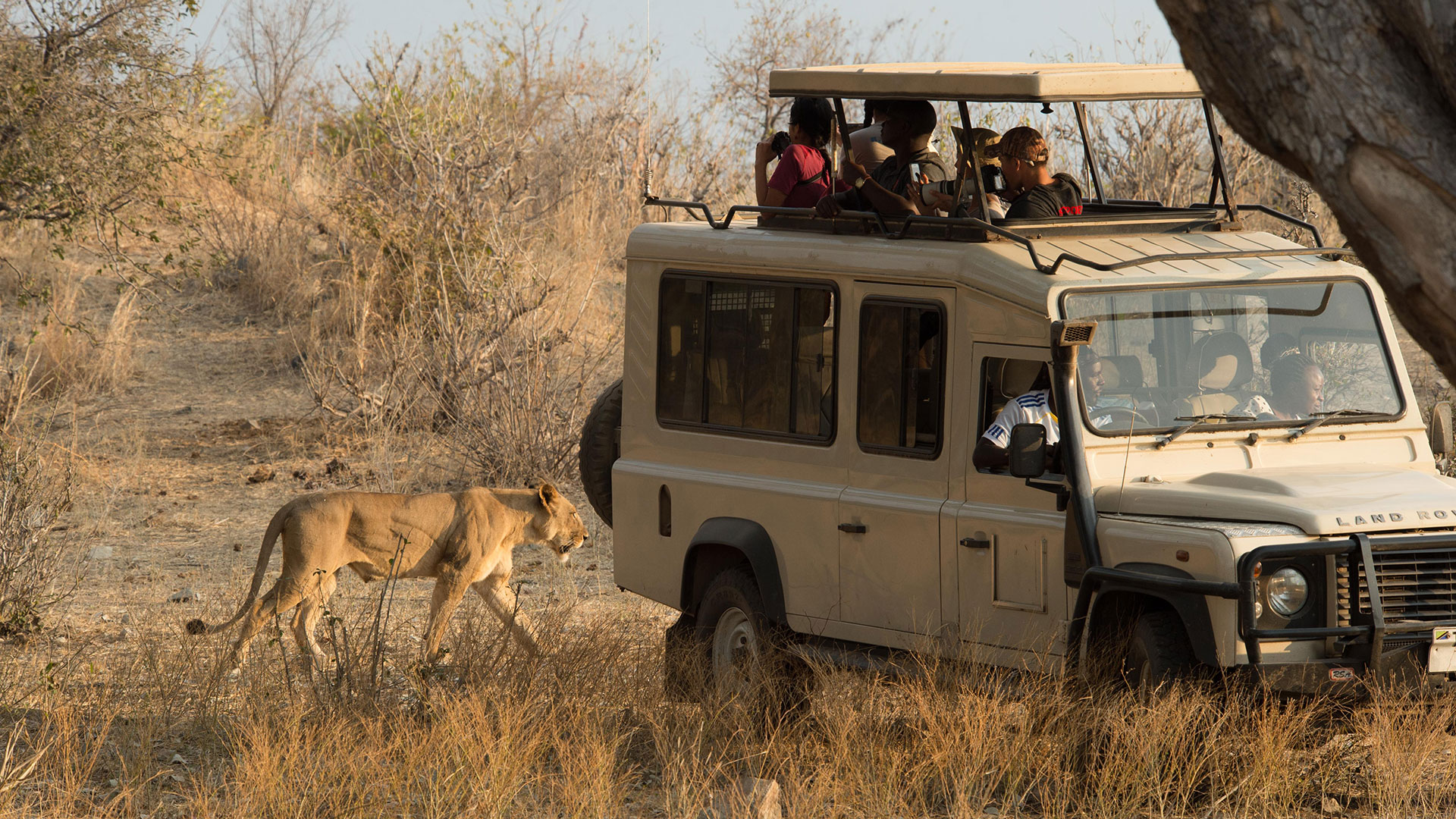
The scholars visited Ruaha National Park in Tanzania in 2019.
Courtesy photo
“Before the pandemic started, I had already dreamed of having this course in California because our ecosystems and biodiversity are amazing,” she said. “We might not have the same charismatic megafauna like elephants and giraffes, but the content and what we talked about stayed really similar. We still talk about food security, water issues, cultural competency and how to engage with new communities. We can do that anywhere.”
Since 2017, nearly 30% of participants since 2017 have been UCD alumni.
Will Swain ’16 attended the program in 2021. Since graduation, he had embarked on graduate study in infectious disease. The pandemic led him to Rx One Health. He shared his experience and the impact it made on his career path online, calling it “transformative.”
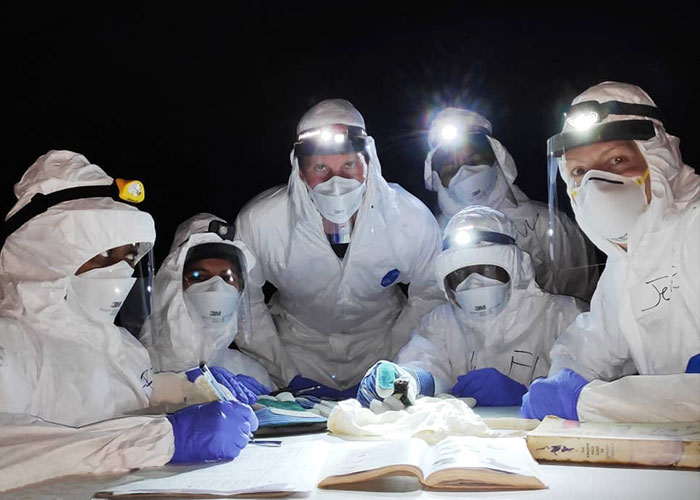
The participants practice bat sampling in 2019. (Courtesy photo)
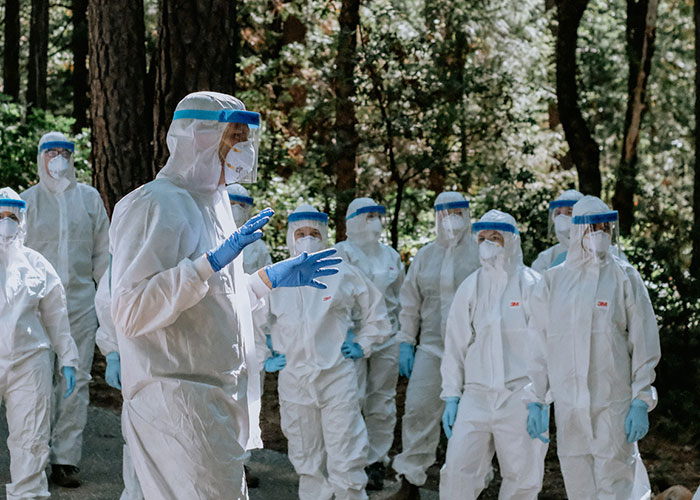
The “PPE Olympics” is a key activity at the Rx One Health Field Institute. Here, Brian Bird, Ph.D. ’08, D.V.M. ’09, explains the next step to the 2021 cohort. (Courtesy photo)
“Participation in Rx One Health has really helped me to refocus and recenter my specific interests in studying zoonoses — in particular, vector-borne diseases,” he said. “I’m really motivated to understand the ‘big picture’ of how certain diseases are changing due to a myriad of factors.”
This year’s course will again be set in California and starts in June. It’s still in development, but last year the cohort went to Malakoff Diggins, a state park in the Sierra foothills, where they practiced taking water flow measurements, conducting surveys on fish consumption and creating public service messaging.
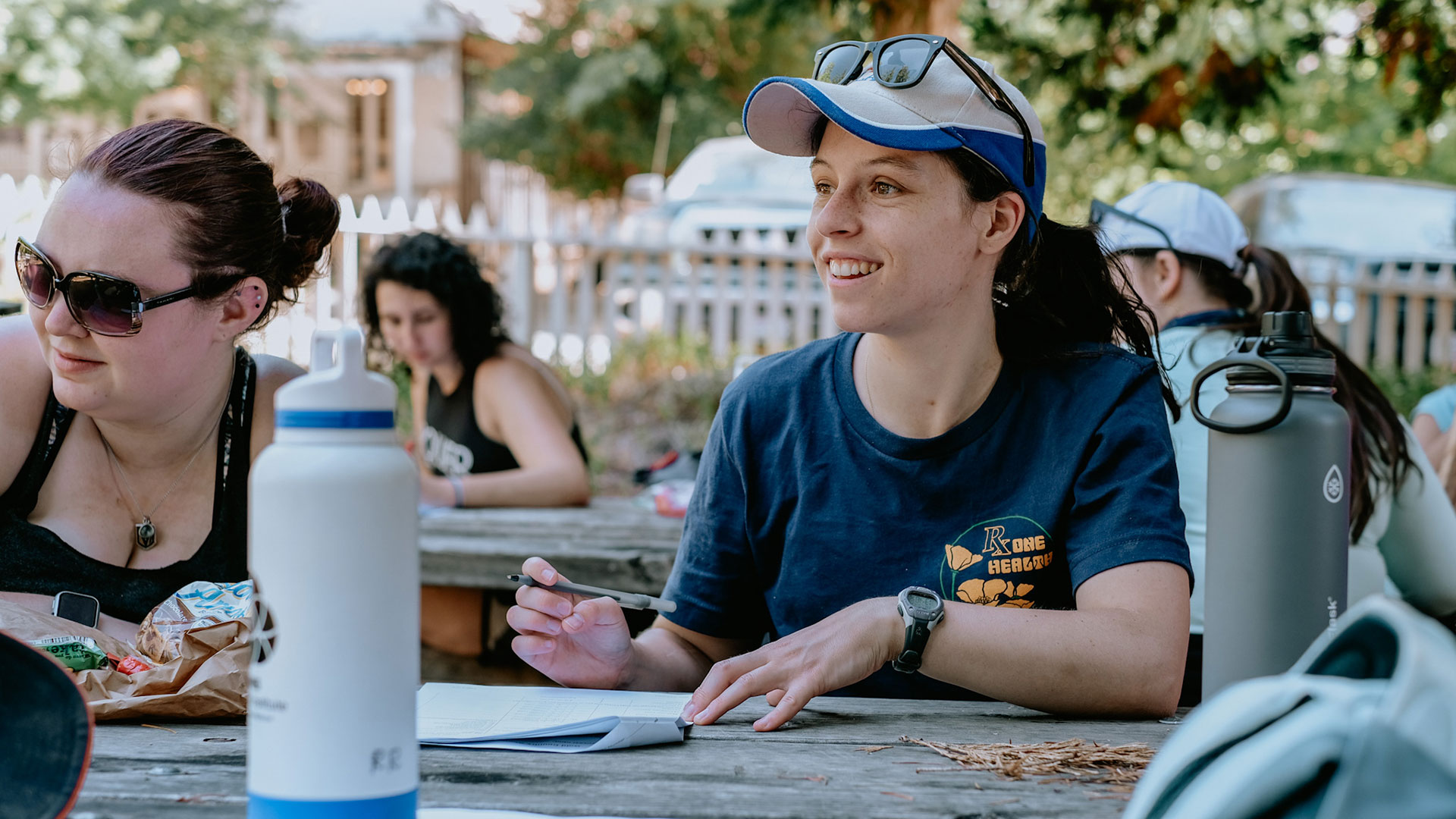
Participants Melissa Thurston ’19, D.V.M. ’23 (right), and Irene Hepler
Courtesy photo
Going forward, Lane said she would like to offer the course more than once a year if it was feasible. She added she’d like to see a perennial scholarship that would fund students from varied backgrounds.
And now is a critical time for everyone to understand One Health. How systems interplay factors in to the pandemic and many other societal problems including water and wildfire challenges.
“Understanding that there are many root causes to these problems shows us that it’s going to take multisector effort working together to address those issues,” Lane said. “There’s not just one solution, and it’s not going to be one sector solving them. We need to learn to work together to address these problems, but also play our role as global citizens to do our part to help reduce the impact of our daily life choices.”

